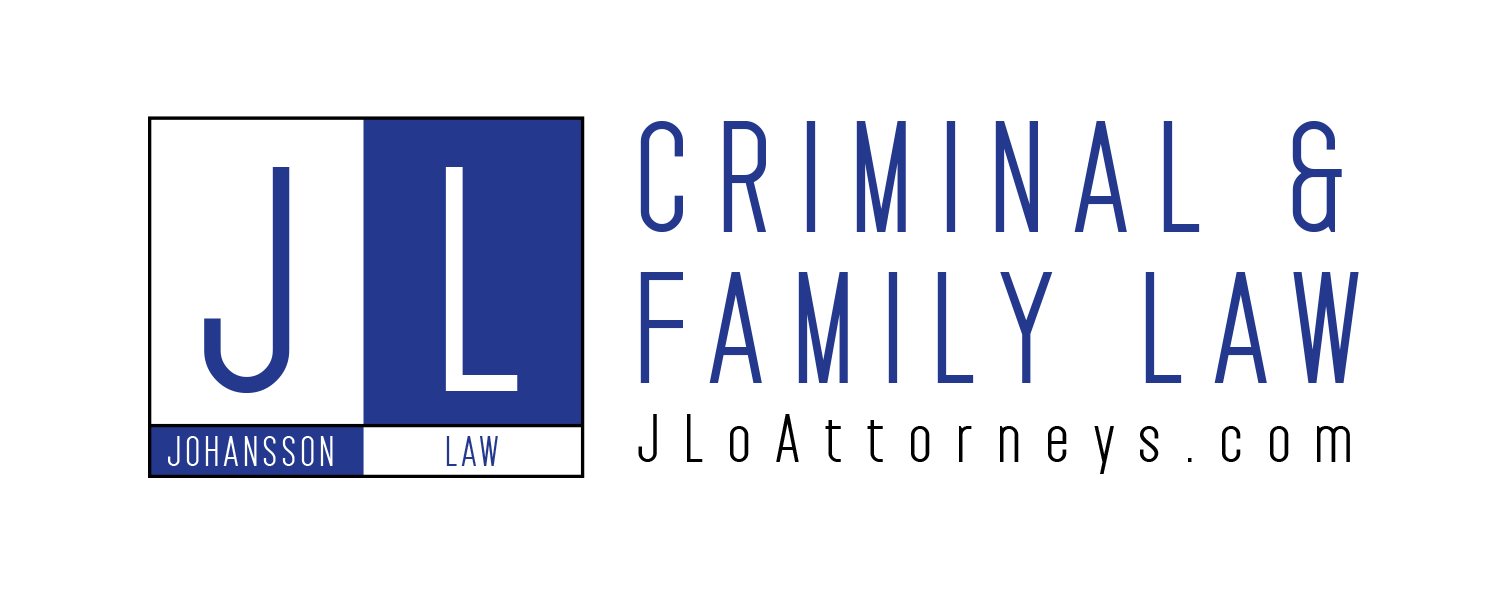
Nothing is like the stress that comes with having a pending criminal charge filed against you. This pending criminal charge may have been initiated for a variety of reasons. For example the criminal violation may stem from an encounter with law enforcement, be initiated by a prosecutor, or even after a victim provides a statement to law enforcement whether the statement is true or a total fabrication. It is important to know that there are options for you to resolve this criminal allegation and move forward with your life. Since lawyers are trained in the application of legal strategies to fact specific situations, a lawyer navigating you through your options is paramount. Consider retaining counsel the very moment that the government presents these criminal allegations against you.
To begin, either during or after your arraignment, the government may inform you of their offer to resolve these criminal allegations they filed against you. An arraignment is one of the first hearings you will attend during your criminal proceedings. An arraignment is when the court informs you of the criminal statute that they claim you violated. The government may be ready to inform you of the offer they have for you at this early stage but they also may not be ready. They may not be ready for a variety of reasons. First and foremost, more likely than not the government may not possess all evidence against you yet that will ensure they have a definite win of a guilty verdict at trial and they need more time. They may be in the process of communicating with or trying to communicate with an alleged victim, or many other reasons. All the more reason you need a lawyer who will immediately start the negotiation process even at this early stage.
Government offers typically consist of the two following concepts with a variety of conditions attached: 1) an adjudication or 2) a withhold of adjudication. Attached conditions may be fines and restitution, probation, or jail or prison time. An adjudication is a conviction which will remain on your criminal record. Since an adjudication is a conviction, if in the future you are trying to protect yourself from employers viewing this case outcome by expungement or sealing you will be ineligible. Whereas although initially remaining on your criminal record, a withhold of adjudication does not signify a conviction. A withhold of adjudication essentially means that you simply chose to resolve the case. When someone accepts a withhold of adjudication to resolve their case, certain violations may be expunged or sealed. There are disqualifying statute violations which may never be expunged or sealed. Make sure to contact your lawyer regarding how to navigate through these differences because at some point in the future after you resolve, this may be of interest to you.
Another option is the take it to trial route. Here is where having a lawyer represent your interests is imperative because you are essentially saying, “Government, let’s go! Present your evidence and prove beyond a reasonable doubt that I am guilty to a jury of my peers!” The first thing a lawyer would do is see if your case possesses any “pre-trial motions.” These motions are submitted to the court and a hearing is subsequently requested in anticipation of fighting your charges and preparing for trial.
The reason behind presenting these motions are not only to weaken the government’s case against you but also because there may have been some sort of constitutional violation that was carried out by the hands of the government. These actions which may have violated your constitutional rights, must be fought. For example, there may have been a portion of law enforcement’s communication with you which was unlawful, thereby deeming certain evidence obtained inadmissible at trial because of the unlawful actions taken by law enforcement to obtain the evidence which the government currently possesses against you. Succeeding during these stages have the potential of completely weakening the government’s case. At times weakening their case so much to the point of dismissal.
If after the pre-trial motions your case were still to proceed to trial, hopefully the pre-trial motion assisted in having certain evidence be suppressed and inadmissible. If and when the government has missing pieces of evidence at trial, it makes it that much harder for them to prove that you are guilty of the alleged violation beyond a reasonable doubt.
A trial may be a “bench trial” in certain circumstances, which is a trial in front of the judge. Or a trial may be a jury trial where depending on the severity of the criminal allegation may consist of six to twelve jurors plus additional alternates. Upon voir dire selection of a jury and final swearing in, your trial will commence. Now comes your lawyer’s opportunity to passionately expose the doubts and lack of evidence within the government’s case. Witnesses may be questioned and their credibility may be attacked, evidence may be entered onto the record, and both legal and logical arguments will be presented. At the conclusion of the trial, the jury will return with their verdict of guilty or not guilty. If found guilty, a sentencing hearing will be scheduled not long after the verdict was returned. The government’s original offer typically is no longer on the table at this point and the judge will follow statutory guidelines leaning closer to the maximum sentence instructed by the statute.
With your liberty at stake, having a lawyer trained in the rules of evidence and criminal procedure is critical. With your liberty at stake, you need a lawyer to present your winning argument to the court and to a jury. You need a lawyer you can trust and who you know will fight for your interests until the very end. There is not much more important in this lifetime than your freedom and liberty. That being said, do not forget to consider retaining counsel the very moment that law enforcement restrains your freedom by locking cuffs on your wrists or when the government informs you that they have filed criminal allegations against you.
